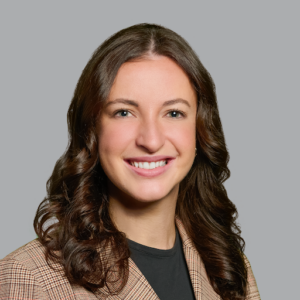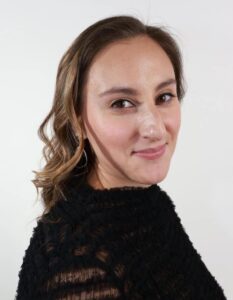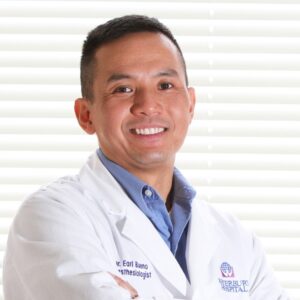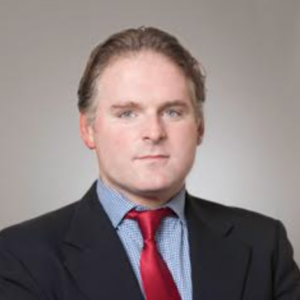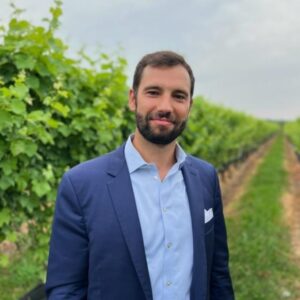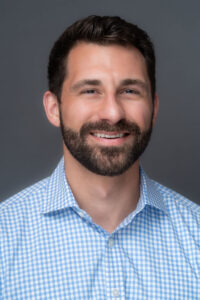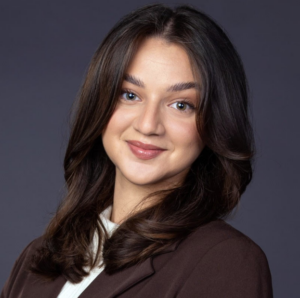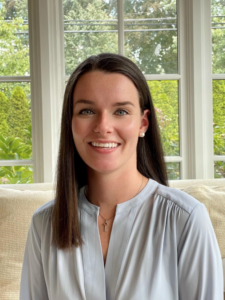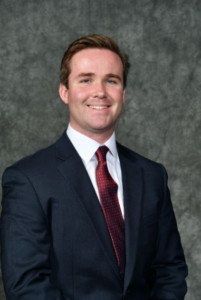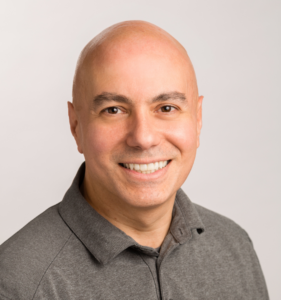
Name: Chad Cook
Class Year: 1995
Title: CTO
Organization Name: AlphaSimplex Group
1. In one sentence, what does your job entail?
I lead technology in software-driven, quantitative trading and finance.
2. What planned and unplanned events connected you to your industry and your first employer after Holy Cross? How did you learn/decide it was a good fit for you?
I entered Holy Cross without knowing that my hobby of using computers and technology would become a career. By way of observation and word of mouth, people engaged me to help with various technology work and projects, and I eventually worked with the HC Information Technology Services department doing all types of exciting projects. I realized this was my future. The Holy Cross ITS group welcomed me and I was a sponge learning from them. I love helping others and technology is a true service environment. Everything we do is in support of others and something broader than ourselves. This aligns with my general life approach and our Holy Cross ideals. The experiences I had helped me get into my first employer, and this human-focused approach has enabled me to do a lot of helpful work through my career.
3. What were you involved in when you were on campus?
Aside from academics, primarily technology across various departments. I spent the rest of my non-study/work time with friends or on one of the systems learning and exploring. I also studied classical guitar in the music department and did some of the student performances while I was there.
4. What was your major and how did it affect your career decisions?
I started with Psychology because the mind and its thought processes are interesting, with no idea what I wanted to do for a career. After taking a Sociology course, the relationship between the two – individual mind to organizational, cultural, and societal structure was really interesting, so added that as a second major. At the time, there was no major for Computer Science, but I took all the available courses and was able to craft some individual study classes with the Math department to have a personal concentration in that area. I questioned switching to an engineering school halfway through my time at HC, but chose to stay. It was the best decision, and within the first week of my first job I realized how important human understanding is. I have made this a large part of my approach with technology — connecting with people, understanding business, operations, and how each person thinks and operates has been a differentiator that has given me a lot of opportunity to do exciting work throughout my career.
5. What are one or two skills that you developed at Holy Cross that you use in your work?
Holy Cross allowed me to have a diverse set of experiences and through that, to cultivate the natural curiosity I have to keep learning and trying new things. The education around people and environments through my majors gave me a foundation for what has been a life-long approach for building, helping, and growing organizations with a focus on teams, culture, and technology. Recognition of each person’s unique gifts and an openness to learning is extremely important not only to work and career, but to life generally.
6. What advice do you have for students on campus today?
Find your passion – work is much more enjoyable when you are able to do what you love, and it makes it easy to weather the inevitable tough times that will occur in life. Introspect – understand your own thoughts, feelings, and reactions to explore how your own mind works in various situations. This allows us some space to be with our arising feelings and see how we react before acting. We can then more easily recognize how others may be similar, and engage with them for positive outcomes.
7. What are your thoughts on how AI has impacted or will impact your industry? What advice do you have for students as they prepare to enter a professional world where AI is prevalent?
AI is still at an early stage and developing. It has amazing potential to help us learn new things, become more efficient, and to be creative. I have no doubt that it will become part of everyone’s careers. My recommendations are: learn how to use it, understand its capabilities and limits relative to your industry or career, and consider how it can be used to do things in new ways as opposed to replicating how we do things today.


